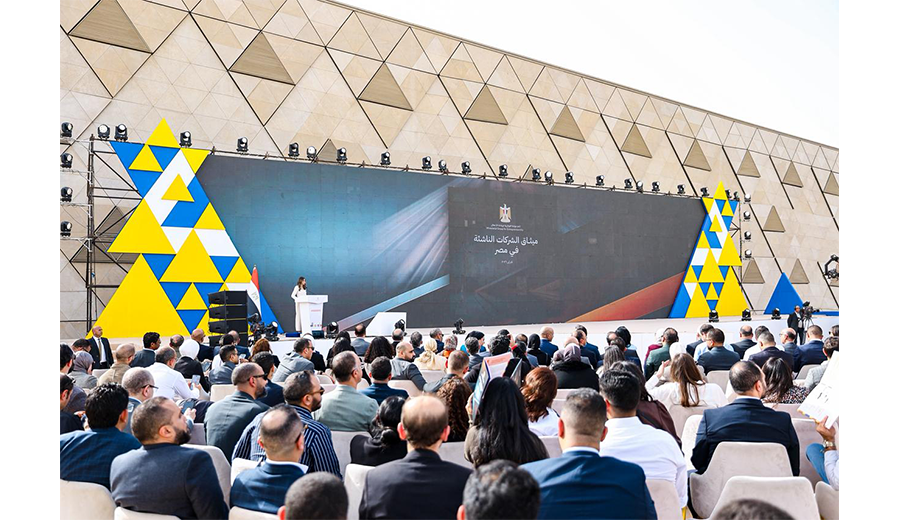The structural reform program aims to develop the labor market in line with future jobs : Planning Minister

24 September 2022
H.E. Dr. Hala El-Said, Minister of Planning and Economic Development, continued her participation in the work of the 77th session of the United Nations General Assembly held in New York, where she participated in a high-level session entitled “Partnership for Action: Implementing the Global Accelerator for Jobs and Social Protection for Just Transitions in the Complex Situation of Overlapping Crises”.
During her speech, Dr. Hala El-Said emphasized the importance of global accelerators as a way to move towards effective work to enhance social protection and create decent jobs, especially during difficult times.
El-Said added that the world is currently living in multiple overlapping crises, referring to the Corona pandemic, the escalating geopolitical conflicts, and the increasing climate vulnerability, as these crises have produced a noticeable increase on a large scale in the levels of poverty and unemployment.
El-Said explained that addressing these challenges focused on the need for a two-pronged approach, namely, taking the necessary measures to mitigate the repercussions on the most vulnerable segments of society, and activating efforts toward building long-term economic and social resilience.
On the Egyptian state's measures to face challenges, El-Said explained that Egypt was taking quick steps intending to strengthen and ensure the sustainability of social protection plans, as the Egyptian government continued to advance and expand a series of social and economic interventions to mitigate the effects of the crisis.
This includes increasing the beneficiaries of the “Solidarity and Karama” cash transfer program to reach 5 million families, in addition to significantly increasing food rations that benefit more than 64 million Egyptians, as well as providing support to two million informal workers during the Corona pandemic.
The Minister of Planning also reviewed the "Decent Life" initiative, which serves the population in the countryside, as it targets more than 50 million Egyptians in 4,500 villages, constituting about half of the total population.
Dr. Hala El-Said emphasized that another major priority of the Egyptian government is to improve employability through comprehensive development of the labor market, in line with future jobs and aligning it with the “future of work” in a rapidly changing world.
El-Said indicated that one of the most important pillars of the National Structural Reform Program is to enhance the flexibility and effectiveness of the labor market by giving priority to advanced technical education and vocational training.
In concluding her speech, Dr. Hala El-Said emphasized that strengthening collective efforts is vital to activating the global accelerator, sharing agendas, and taking quick and effective measures to meet the challenges we face as a global community.









